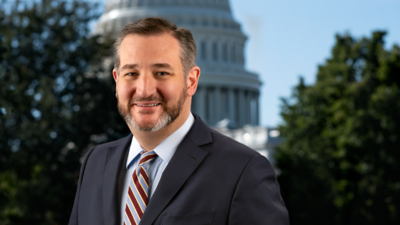Chicago’s decision to decline federal help in the form of National Guard deployment has sparked debate over public safety and political priorities. Governor JB Pritzker and Mayor Brandon Johnson have publicly opposed President Donald Trump’s plan to send the National Guard into Chicago, following his announcement that troops would instead be deployed to Memphis.
Pritzker and Johnson maintain that local control is paramount and frame their refusal as a defense of Chicago’s autonomy. “We don’t need any help here, we’ve got it all under control,” they have stated in response to questions about rising crime rates.
Trump’s decision comes after a similar deployment to Washington, D.C., earlier in the year, which was followed by a reported drop in murders. In contrast, recent incidents in Chicago include multiple shootings during Labor Day weekend and several high-profile violent crimes downtown.
Critics argue that by rejecting federal assistance, city leaders are failing residents who continue to face high rates of violence. They point out that past cooperation between city officials and state authorities—including previous deployments of the National Guard—led to temporary reductions in gang activity and crime.
The discussion also highlights ongoing budget challenges for both the city and state. While some see federal resources as essential support during periods of crisis, others worry about political implications or loss of local authority.
Community advocates stress that decisions on public safety should prioritize those most affected by violence, including communities of color who make up a significant portion of Chicago’s population. The debate continues over whether current leadership is effectively addressing these concerns or allowing political considerations to take precedence over residents’ needs.





 Alerts Sign-up
Alerts Sign-up